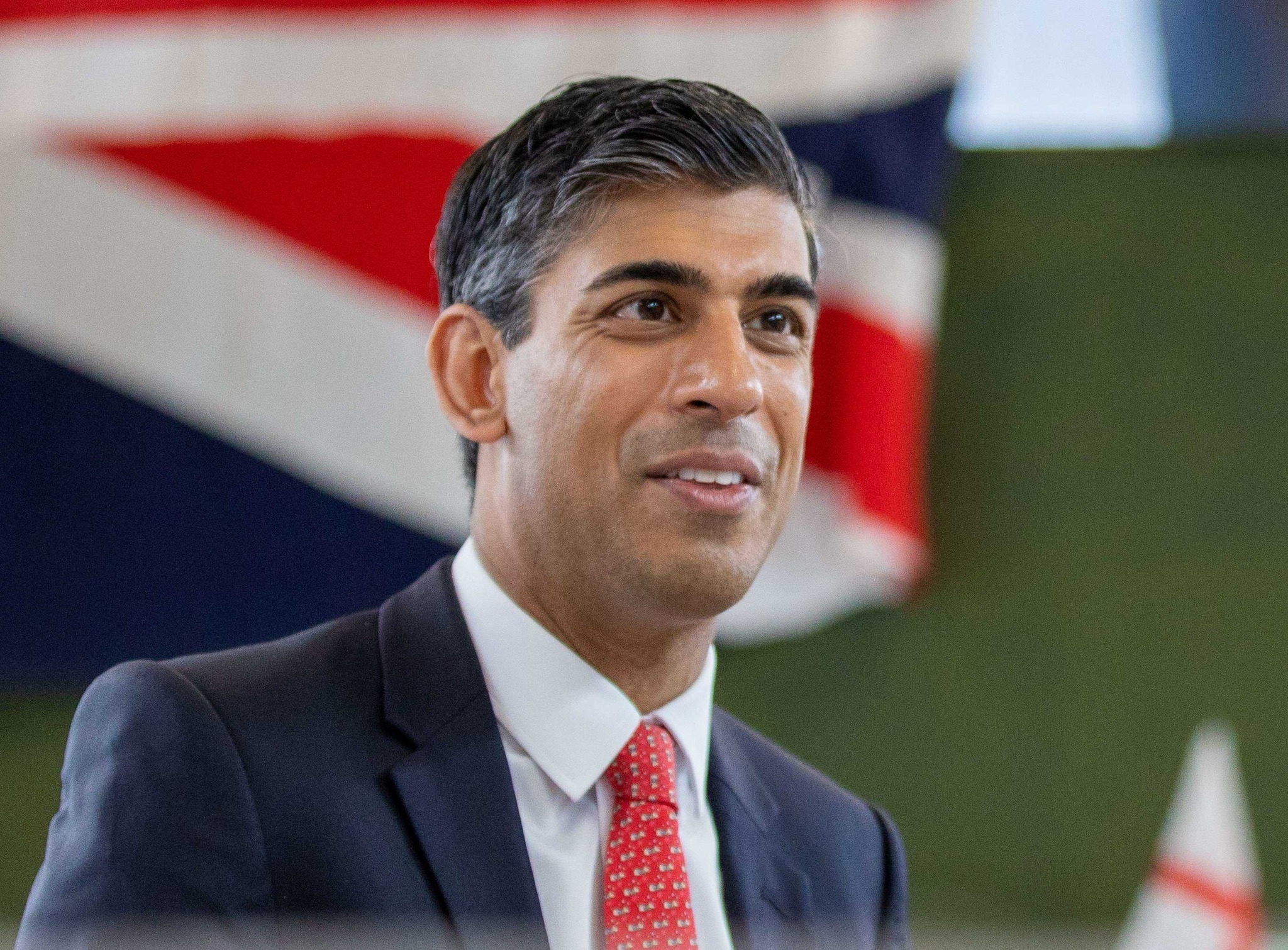Rishi Sunak’s announcement on 20 September 2023 that the Government is postponing Net Zero commitments on electric vehicles (EVs) and home improvements in the let residential sector encapsulates perfectly the dilemma the UK faces in the race to Net Zero. Residential landlords are breathing a sigh of relief that the need to upgrade properties to an EPC rating of “C” or above has been postponed from 2030 to 2035.
It turns out that it is not a race at all. It is about what we can do more slowly as a nation as part of a global effort. The responsibility the UK took on by leading on Net Zero targets by example is being abandoned. Forcing homeowners to upgrade their properties and drivers to change their cars will fail, the argument goes, if those affected cannot afford it.
This raises two questions. The first concerns us as individuals. The collective effort (as a nation) requires us to act in a certain way as individuals. For the vast majority, the issues are so large that individual effort is seen as futile. Generally, we carry on our consumption patterns as before, paying lip service to big statements such as giving up international travel, alternatives to the internal combustion engine and the installation of new heating systems. Why give up a holiday in the sun if others are not doing likewise?
The second question concerns affordability. This appears to be the main thinking behind the Prime Minister’s statement. If the measures are too expensive, they will not have the support of the majority (of the voting public).
Here we encounter the holy grail of modern political and economic thinking: economic growth. The belief is that the only way to improve living standards is through economic growth. That means, usually, consuming more and doing so with little regard for damage to other measures of prosperity such as health and quality of life. If a new housing development is needed, the loss of a recreational area for walking your dog is sacrificed; having homes to live in trumps conserving the environment. We saw this recently when the Government abandoned nutrient neutrality standards for new housing developments.
The two camps are now more divided than ever. On the one hand, environmental groups say that we are not moving towards Net Zero fast enough, and should accelerate. Other groups, including many businesses, say that they cannot adapt to the 2030 standards in time, and are happy to see them postponed to 2035.
It is an extraordinary dilemma. But farmers and landowners should not be diverted from action to adapt their businesses to the needs of tomorrow. ‘Tomorrow’ may have been pushed out to 2035, but it is still coming: in the form of regulation, but also in terms of the climate emergency, requiring us to mitigate and adapt to floods and drought, and so make businesses more resilient (and more profitable).
And with a general election little more than a year away, the 2030 ban on new petrol and diesel cars and the requirement to meet new Energy Performance Certificate standards by 2030 might be reinstated by a new Government.
The message for farmers and landowners is clear: do not delay actions to adapt your business to the needs of tomorrow’s world. Those needs are not going away.
- Natural Capital: The expert team of advisers at Galbraith guide our clients in realising value in all land uses – by assessing and measuring natural assets, furthering opportunities in biodiversity net gain, and ensuring stakeholders are rewarded fully for their investment in and contribution to delivering ecosystem services and net-zero outcomes
